- Fiji
- Thailand
- Costa Rica
- Spain
- Tenerife
- Seychelles
- Mexico
- Greece
About Program
GVI offers a variety of marine conservation volunteering programs. You could travel to Fiji, Seychelles, Mexico or Thailand and actively participate in coral reef research expeditions, sea turtle protection and nesting programs, plastic pollution and beach clean-up efforts, or identify and survey indigenous sea life.
These programs offer a way to receive professional dive training and research qualifications, and improve your technical marine conservation skills, while also supporting local community projects to achieve their sustainable objectives.
Video and Photos
Program Highlights
- Travel to a different part of the world, immerse in the culture and experience another way of life.
- Learn conservation skills to improve your CV and increase your future employment opportunities in the marine industry.
- Support the preservation of local biodiversity, contributing to reach sustainable objectives.
- Better understand native species, surrounded by their immediate environments.
- Dive, snorkel and swim in some of the most beautiful and ecologically diverse oceans.
Popular Programs

Earn your PADI diving and coral reef research qualifications while preserving marine ecosystems, and endangered species in Puerto Morelos. You’ll also conduct beach clean-ups and collect ocean floor debris. In this immersive expedition, you will collaborate with local community members, and volunteer alongside other international participants.
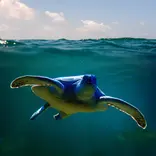
This is an expedition to gain a range of skills and qualifications in marine conservation, such as species identification skills, your PADI divers and research qualifications, and coral reef surveying techniques, all while contributing towards sustainable development objectives.
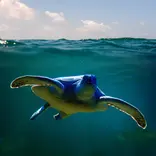
Observe whales and dolphins in their natural habitat while on a boat in Tenerife. You’ll take photographs and record their numbers and behaviors. The data you collect will be used by local and international organizations to learn about the long-term effects of threats to whale and dolphin conservation and other marine species.
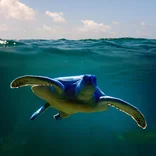
Dive into the warm waters of Dawasamu, where there is the possibility to meet an array of species on your excursions, such as sharks, whales, sting-rays, an array of fish and a variety of coral reef colonies. Learn to conduct underwater surveys, enhance your scuba diving skills and experience a new way of life.














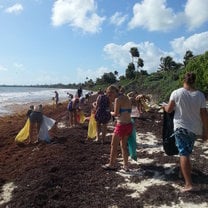
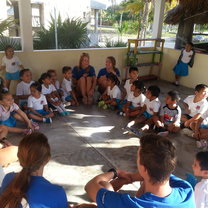
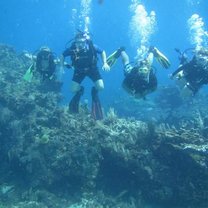







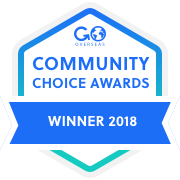
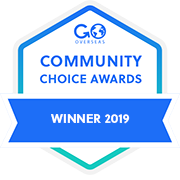


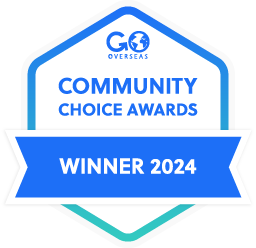
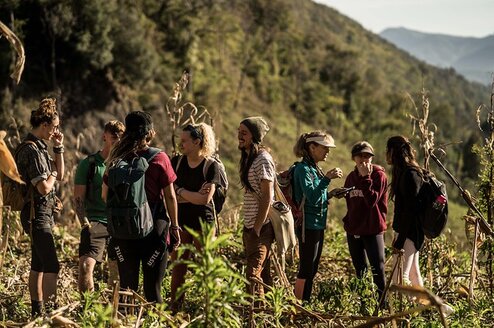
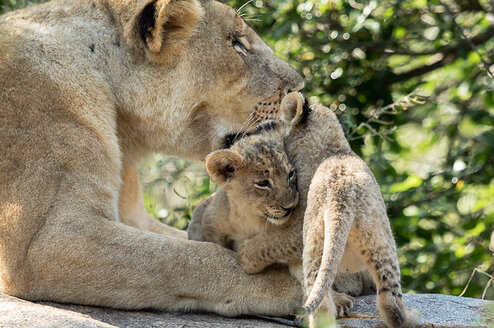
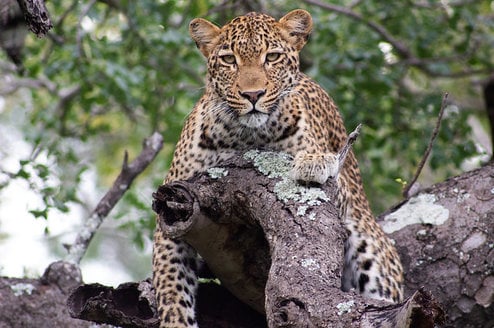
Response from GVI
Hey Tania, thanks for your review! I'm thrilled to hear you had such a positive experience with us and enjoyed your time on base as much as you did. We'd love to have you back on base sometime soon!